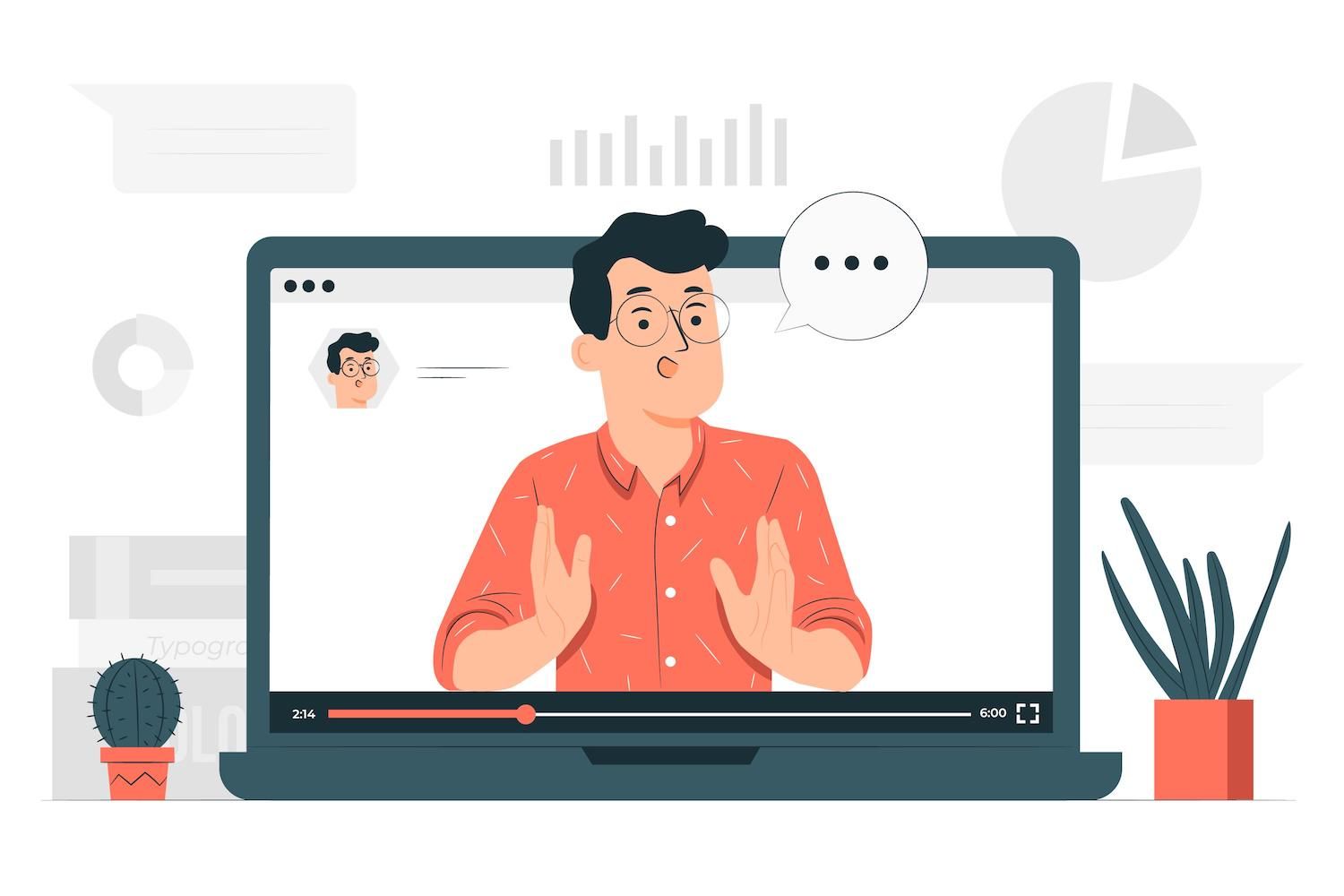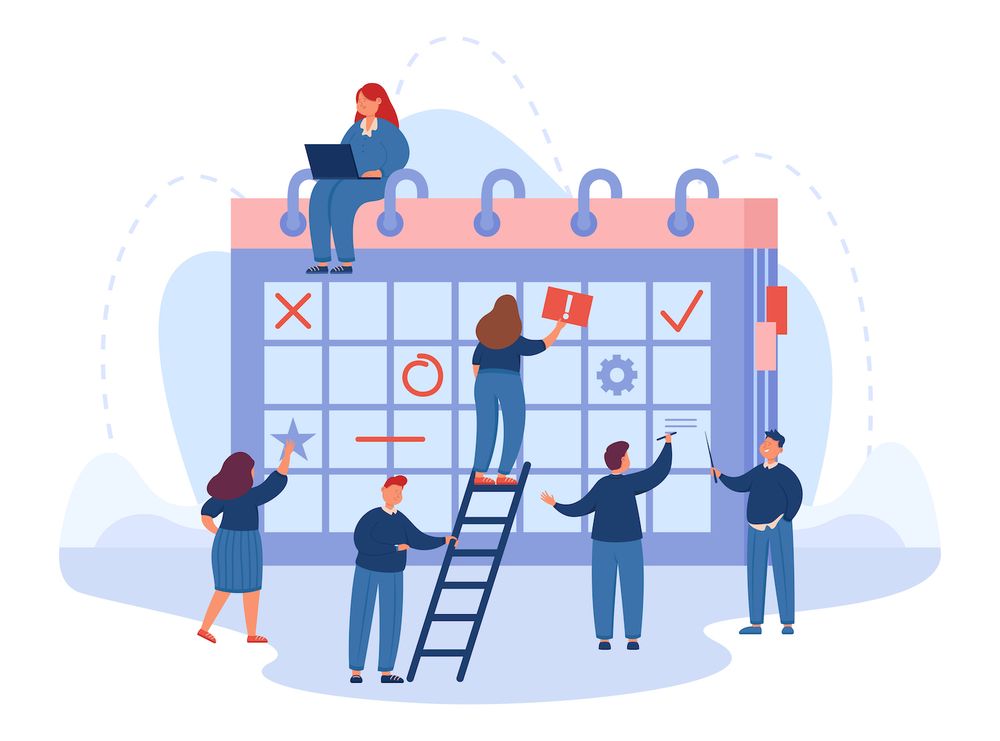Staff Pick Premiere: "The Tunnel" by Arash Ashtiani
This week's Staff Pick Premiere, "The Tunnel," BAFTA-nominated filmmaker Arash Ashtiani unfolds the terrifying story of three refugees running for their lives through the Euro Tunnel that connects France with the UK.
Based on true stories and based on true stories, this film stands firm in its depiction of the bravery and risk not deservedly imposed on the millions of people seeking fundamental human rights. "The Tunnel" drops us into the third and tense part of the larger narrative Ashtiani is writing with writer Daniel Metz. The short is, however, a stand on its own as a compelling and terrifying tale about how far three individuals will go to for the possibility of a better future.
Ashtiani describes the tales the film's director heard during his preparation for this movie by describing them as "rollercoasters" of physical and emotional challenges. The film captures this feeling is masterfully recorded through the enveloping construction design of the tunnel itself and the meticulous editing which is a whirlwind of camaraderie between the characters, the growing fear when the train is approaching in the tunnel, and the peaceful eerie silence of the train station.
In advance of the film's launch, we spoke Ashtiani to learn more about the film and his procedure. Take a look for a deeper review of the process he used to pull of such a compelling and ambitious film.

The inspiration behind this film
"'The Tunnel' is an adaptation of a real account. My friends' circle in London includes people who came to the UK through a variety of ways as well as some in tragic and harrowing ways over the past two decades. One topic we discuss is the way we each arrived in the UK and some of them came from Calais to Kent using different methods of transport.
When I heard their stories and heard their stories, I was inspired to tell them. Their stories are like a rollercoaster of emotions and events for me. The obstacles they face as well as the goals they set and the desire to be active, and also the energy. The film is filled with hardship, physical and mental exhaustion as well as moments where their humanity is tested. It's got laughter and life in the darkest moment and these are the things that inspired me to make this documentary. ."
The writing process:
"'The Tunnel" is the third act in the film script that Daniel Metz and I wrote in collaboration. The first two acts follow these characters on their way to Calais learning to operate the Tunnel. We completed the initial draft of the feature script in 2015. Then we created short films and now we are writing the new draft of our feature script.
We weren't looking to create a social film about refugees However in the course of research and writing of the script we spoke with refugees who were at Calais and then travelled to the UK. We read the memoirs of people who were refugees and wrote their stories, played plays, and documentaries. We also watched films about the camps in Calais and the way people live there."

The production design and cinematography
"From the beginning of the writing process there was a question about where to shoot the tunnel. We knew a little bit about the actual EuroTunnel and even though we wanted to keep the real characteristic of the tunnel we didn't want to limit ourselves to these specifics. After months of searching for the perfect location and scouting, we made the conclusion that it was best to shoot at the studio. It was a challenge to create extensions for each side of the studio.
Mike McLouglin, our production designer, did an amazing job of creating a new section of the tunnel in the studio and Nick Morris, our DP, worked wonders in how he shot it. One of the challenges was creating extensions on both sides of the set to see the tunnel as a vast empty black space. Mike extended it with the brilliant idea of placing an end mirror which means that as the camera stares at either end, it can view the endless tunnel. Mike then built an exact scale model of the tunnel and we made use of an Hornby Eurostar model train with an extremely small lens that was attached to it to shoot the images of the train moving in the tunnel. It seemed bonkers, but once Static VFX then brought their abilities and their magic to the post-production process, it began to become logical and looked amazing.
We decided to move closer and closer to the main character as time passed in. Every time we go between the station and the tunnel, it brings us closer to the main character , and it helps to create an experience that is more personal to the tunnel and the fearless attempts to make it run ."

On the editing of the film:
"The edit process for this film was one of the most intriguing aspects of the whole process. One of the most important tasks I had was for ways to create tension and suspense. My co-writer, Daniel Metz and I had thought of it when writing the script, but I was able to understand this when editing the script and have to acknowledge director Stuart Gazzard for this.
In the process of editing, I learned what kind of details we should gradually introduce in order to build suspense. We shot the Gare du Nord station footage along with the train model after we had our rough cut. The editing process shaped the movie by clarifying the protagonist, creating suspense and also the speed of the film."
The challenge in creating the film
"I consider that in general, making films is challenging. One of the main challenges filmmakers face is getting the money they need to create their films. It took me several years to find producers. Anna Seifert-Speck was the director of an event at Berlinale Talent Campus where she saw me present my idea and brought me in contact with Anna Griffin. Together we raised money from the BFI Network and Lush Film Fund.
The way of shooting and action scenes is distinct than emotional ones. This became more evident during the shoot and the difference became clear for me. In looking back over the shooting days I learned that I used the same amount of time in between the action scenes and more emotional scenes that could have been handled differently... I should bring the excitement and urgency of the escape and the sequences into them by shooting them in the fastest and most intense duration and spending more time on the moments between the characters."

With hopes for the film:
"I think what continues to worsen is the rise of Nationalism and populist political leaders in British and European governments. The government is the one who uses the anti refugees and xenophobe views for benefit in the political arena.
According to the latest British law that was approved just several months ago, teenage male refugees just like those in 'The Tunnel in the Tunnel' will be sent to Rwanda from now on waiting for their case to be processed. It is my hope that viewers realize the people who go through the hell of getting to the adored refugee camp of viewers are real people with dreams for a better life that is peaceful and meaningful life. They escape their homes and countries either from war as well as religious fanaticism and the economic difficulties. It is essential that they receive humane treatment in order to become part of the community rather than being labelled as criminals.
I hope that by watching a few strange people in unfamiliar surroundings or facing a problem in response to basic human desires, the audience will recognize their commonality and recognize the characters as individuals."
For filmmakers who want to make it:
"Filmmaking is not a solo job , and it's a collaboration. Try to find people that make you excited about what you're trying to achieve. Trust in their taste is essential for creative collaboration. It is based on knowing the people you are working with. Spend in the amount you think you require, then listen to what they say, ask for them to talk about their five top movi,es and then see if you can connect to them in any way or not. No matter if they're close to the movie you'd like to make or not however it will help you to understand if your worlds overlap and if you share an identical vision to make your film.
Don't let the technical aspects of your story take over your imagination and compromise your narrative by focusing on the technical aspects.
Be courteous to your coworkers, and don't be insistent!"
On what's next:
"Developing and directing 'The Tunnel movie feature is my next project. The story of the characters until the point they enter the tunnel. The co-writer of the script, Daniel Metz, and myself are creating the feature-length script with what we learned from making the short.
I'm currently working on a feature-length documentary about the Iranian exiled poet Esmaeel Khoei, who died in London in 2021. The film is mostly based on the VHS tapes that he had accumulated during his early period of exile. The release date is October. ."
